When a disaster strikes—whether it’s a natural event like a hurricane or earthquake, or something man-made like a war—certain supplies vanish from store shelves almost instantly. You’ve probably seen those eerie images of empty aisles and “sold out” signs, and when that happens, it’s usually too late. The key to surviving any crisis is preparation, not scrambling at the last minute. Having a solid stockpile before disaster strikes can mean the difference between staying safe or facing serious problems. Here’s a rundown of 50 essential items that tend to disappear first when chaos hits. Don’t wait until the stores are empty—get ahead now.
Tools

From hammering nails to chopping wood, basic tools will be essential for repairs or even building makeshift structures. Stock up on hammers, saws, and nails. Add multitools or Swiss Army knives for portable, compact options when larger tools aren’t practical to carry.
Winter Clothing
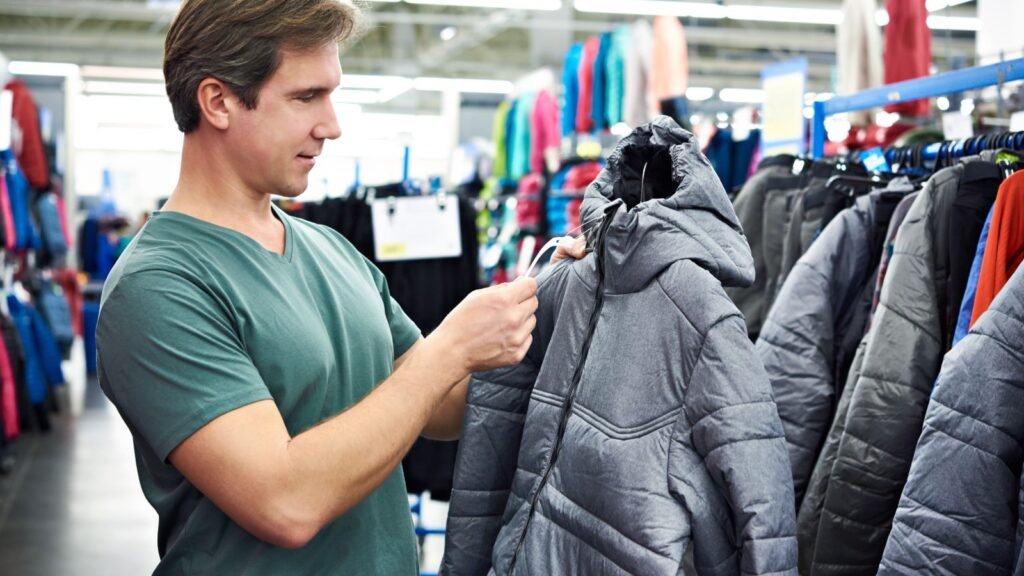
In cold weather, warm clothing like hats, gloves, and scarves will be critical. Make sure you’re prepared for freezing temperatures, even if it’s currently summer. Wool and synthetic materials are best for insulation and moisture-wicking in freezing conditions.
Clothespins and Clothesline
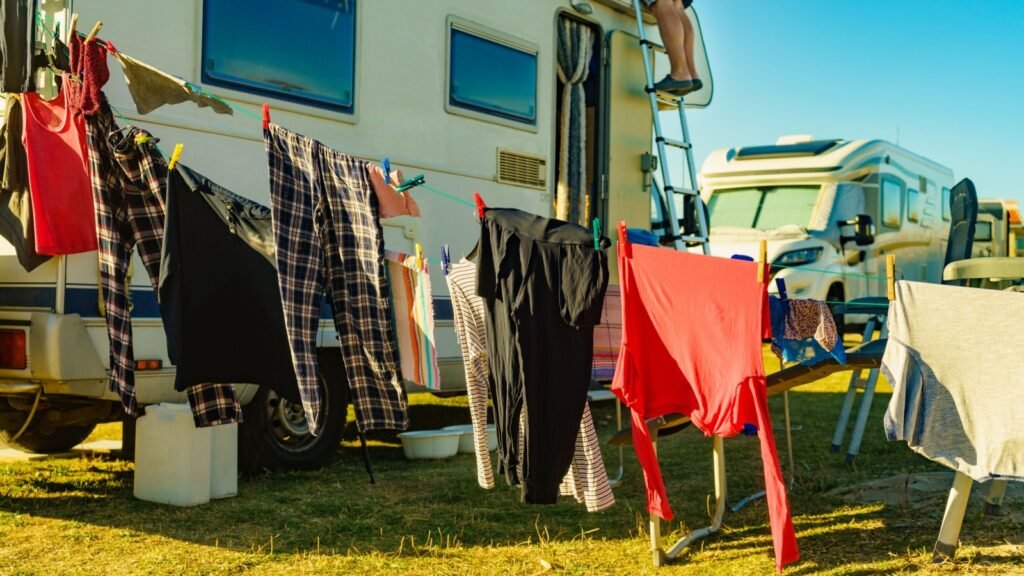
Whether you need to dry clothes or set up a quick shelter, a clothesline and clothespins will come in handy in more ways than you’d think. They’re also useful for securing tarps, bundling items together, or creating tripwires for security purposes.
Bandanas, Handkerchiefs

A simple bandana can filter air, keep you cool, or serve as a makeshift bandage. Keep a few handy for whatever situation arises. They’re also useful for carrying small items, straining water, or even signaling for help if needed.
Propane
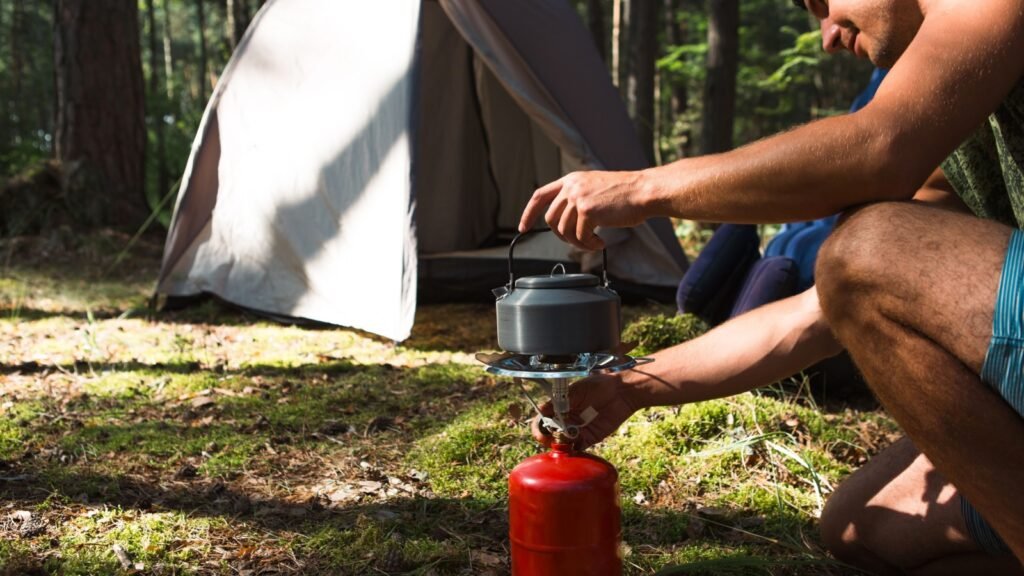
Propane isn’t just for camping—it’s vital for heating and cooking when the grid is down. Be sure to have enough to get you through an extended crisis. Small propane tanks also power portable stoves and heaters, making them a flexible fuel source for various needs.
Seasoned Firewood

If you rely on wood for heating or cooking, seasoned (dry) firewood is crucial. Keep a good supply so you can start fires easily. Wet or green wood won’t burn efficiently, so ensure your woodpile stays dry and ready to use.
Insulated Ice Chests
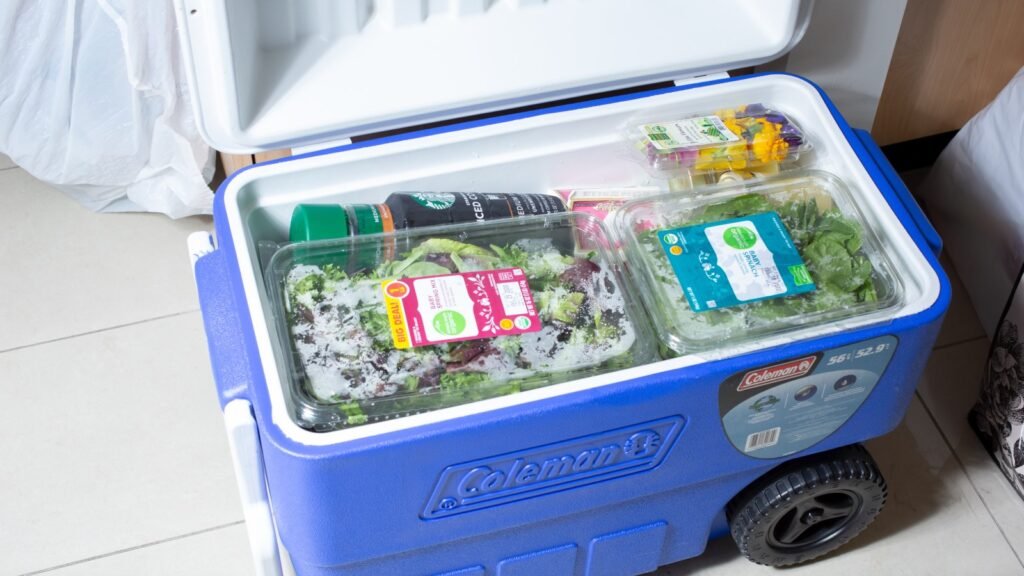
An insulated ice chest will help keep food and medication cool, which can be a lifesaver in the middle of summer—or winter—when your power goes out. Having a cooler on hand will help prevent food spoilage in the absence of refrigeration. Remember to get enough ice packs or dry ice to make the most of your cooler’s capacity.
Personal Hygiene Items
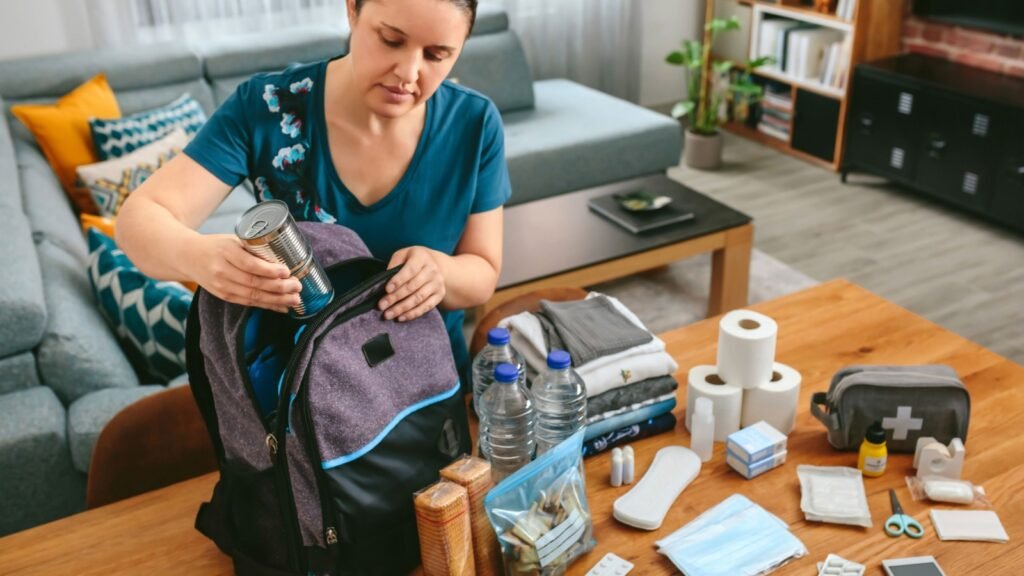
Sanitary supplies, soap, toothpaste, and other personal hygiene items will be hard to come by in a crisis. Stock up now to stay clean and healthy later. Don’t forget extra toothbrushes, deodorant, and feminine hygiene products, which can be difficult to find during shortages.
Cash

During a blackout or if banks close, cash will be king. ATMs won’t work, and you’ll need money on hand to buy essentials. Bartering might also become essential, so smaller bills and coins are often more practical for trading goods and services.
Water
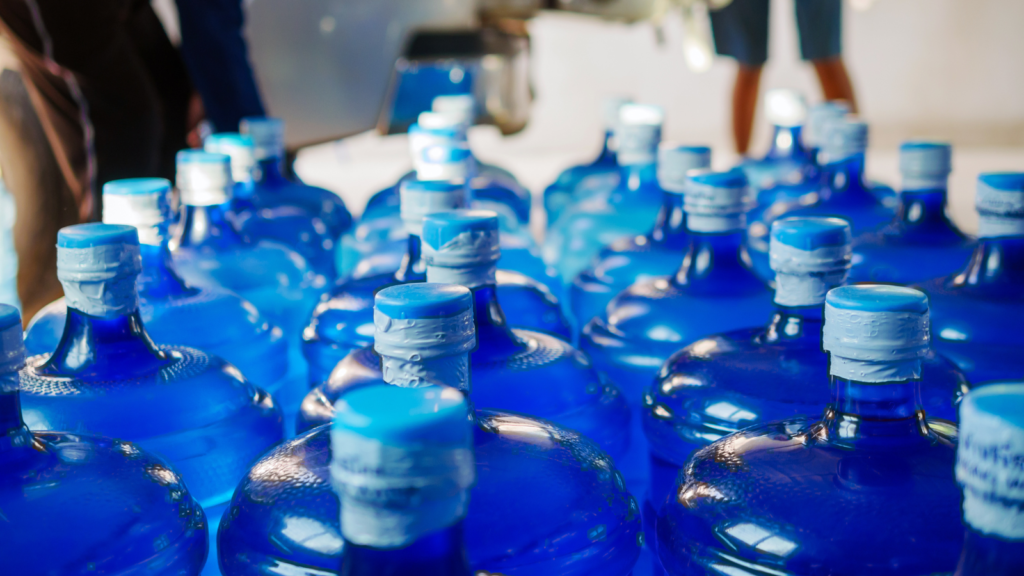
Water is priority number one. Stock up on bottled water, but also think long-term with purification tablets, filters, or a rainwater collection system. You should have at least one gallon per person per day, so plan accordingly for extended crises.
Baby Supplies
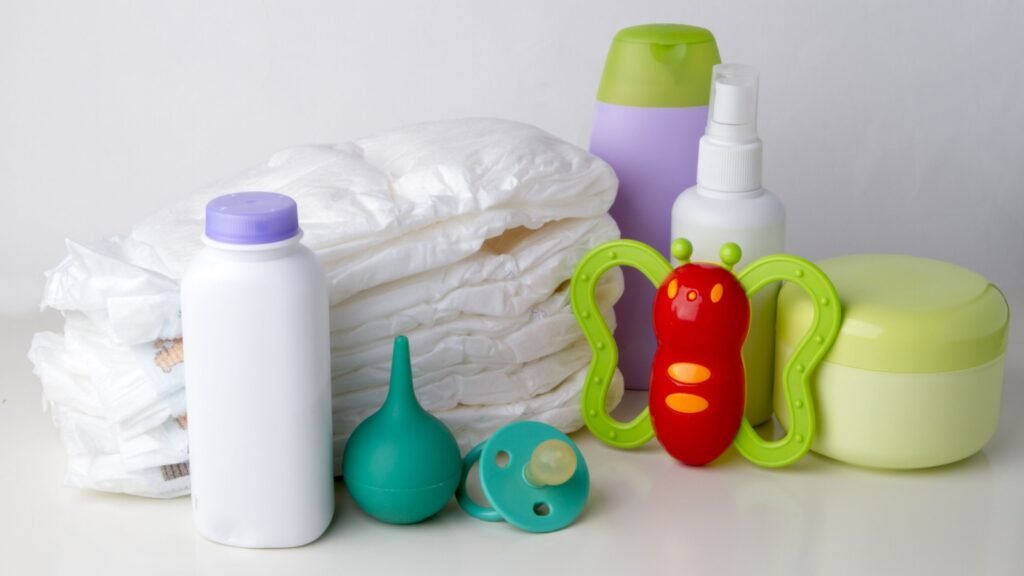
If you have a baby—or one on the way—you’ll want to ensure you’ve got enough diapers, wipes, and formula. These items are quick to disappear and will be difficult to find once a crisis begins. Consider stocking powdered formula, which has a longer shelf life and takes up less space than liquid versions.
Batteries
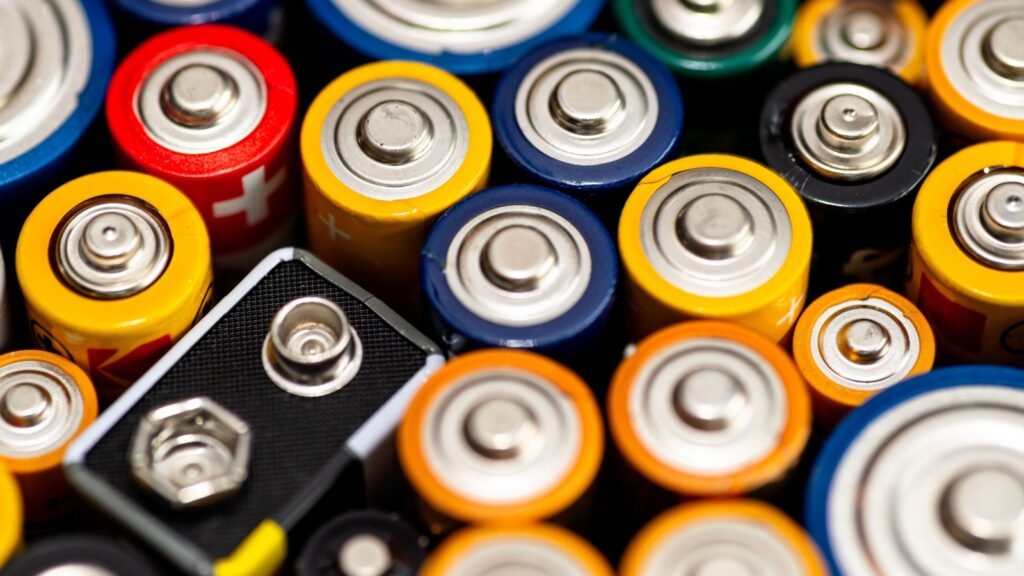
Batteries, especially in various sizes, are essential for keeping radios, flashlights, and other emergency equipment running. Make sure to check expiration dates and rotate your stock. Don’t forget rechargeable options along with a solar charger to keep them powered long-term.
Board Games, Coloring Books, Crayons, Playing Cards, Puzzle Books

When the power’s out, boredom sets in fast. Having board games or other low-tech entertainment on hand can help keep spirits up during long stretches of downtime. Consider including items that promote problem-solving, like puzzles or strategy games, to keep your mind sharp.
Vinegar
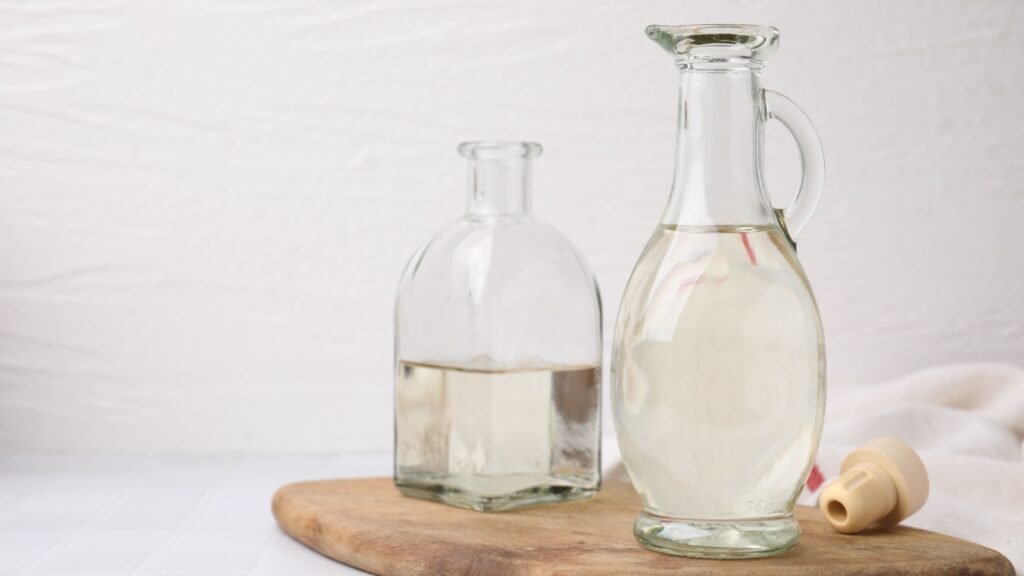
Vinegar is an eco-friendly cleaner and a great disinfectant. You’ll want a good supply to maintain hygiene when store-bought cleaners are gone. It’s also useful for food preservation, like pickling, and can be diluted for wound care in a pinch.
First Aid Kits
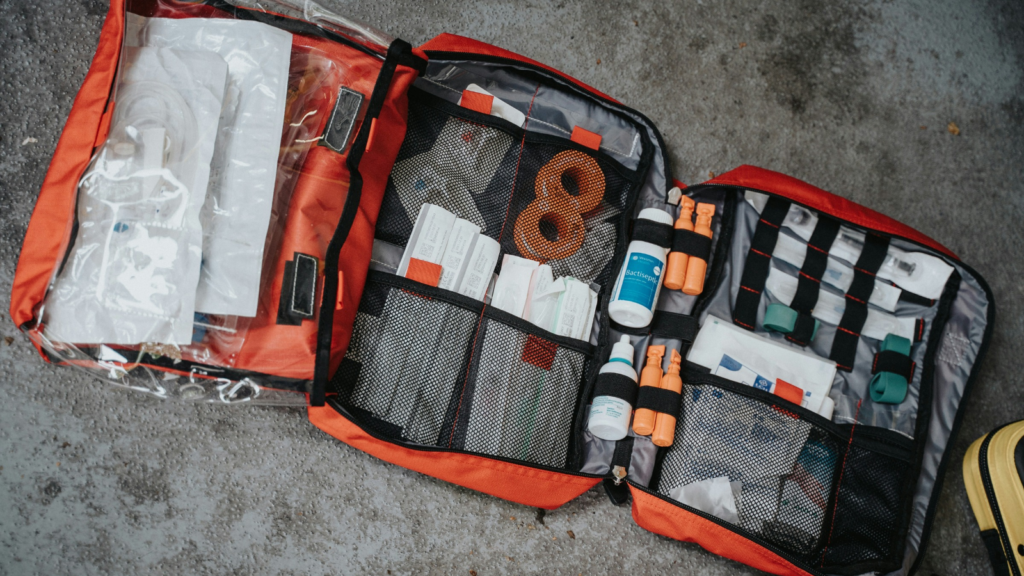
Your first aid kit should be well-stocked with essentials like bandages, gauze, antiseptics, and any prescription meds you need. In an emergency, you might be your own first responder. Consider adding a basic medical guide to help you manage injuries when professional help isn’t available.
Hand-Operated Can Openers
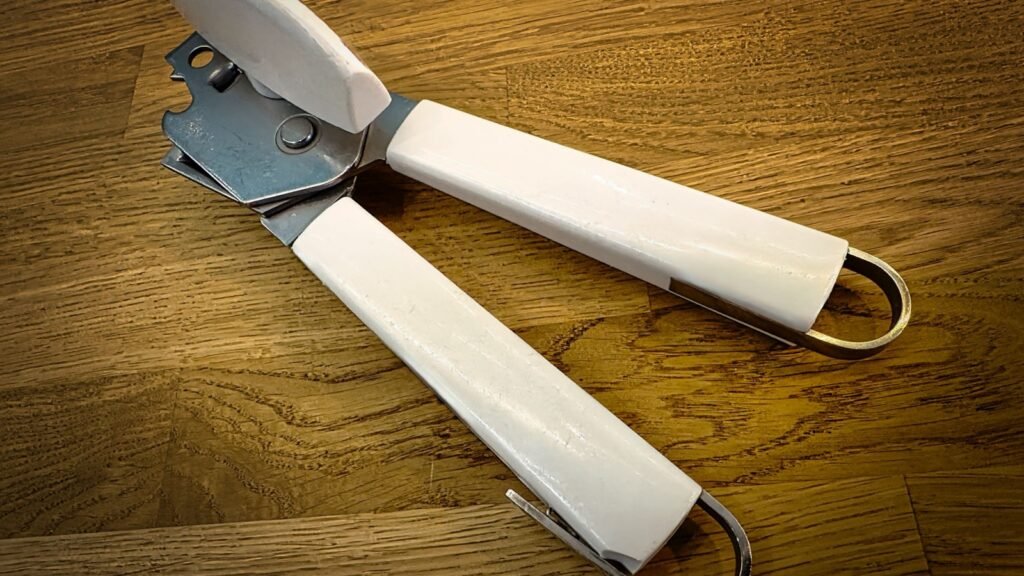
A pantry full of canned food is useless without a way to open it. Don’t rely on electric can openers; get a couple of manual ones just in case. It’s wise to have a backup in case one breaks or gets lost during a hectic situation.
Lamp Oil, Wicks, Lanterns

Lanterns and lamp oil are great alternatives when electricity is out. Make sure you have plenty of wicks and oil to keep them running for as long as needed. In colder months, these can also double as a minor heat source, making them even more critical for winter preparedness.
Fishing Equipment

Fishing gear can become a lifeline for food. Stock up on poles, lines, hooks, and lures to catch fish when traditional food supplies run dry. Learn basic fishing techniques and how to preserve your catch to make the most of this survival skill.
Flashlights
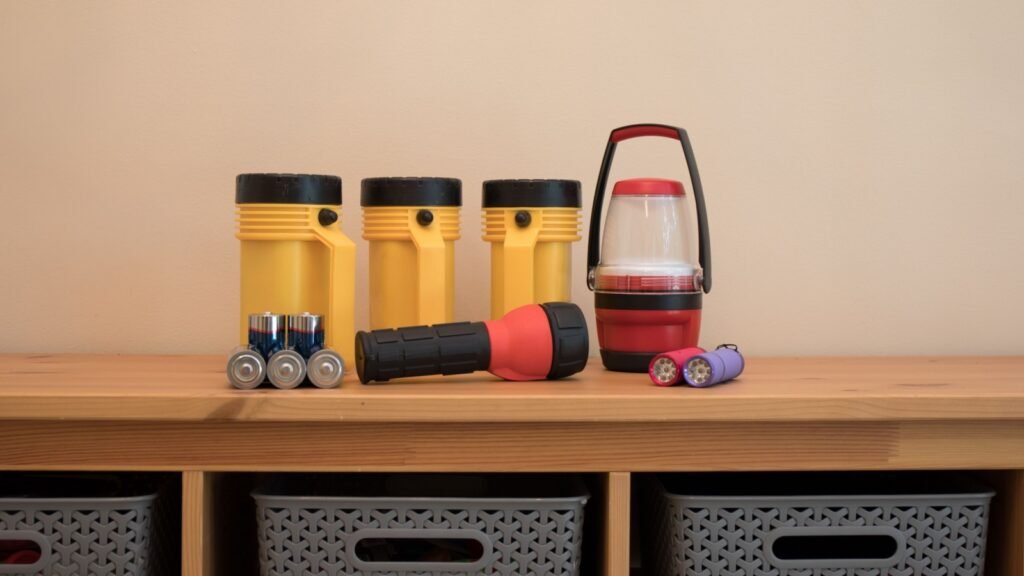
Solar-powered flashlights are a smart choice since you won’t have to rely on batteries. You’ll be grateful for the reliable light source during long nights. Consider getting headlamps as well for hands-free lighting when working in the dark.
Garden Seeds

After the initial chaos, growing your own food could become essential. Stock up on a variety of garden seeds and have the tools ready to plant them. Focus on heirloom seeds for better sustainability and the ability to save seeds for future planting seasons.
Weapons and Ammunition
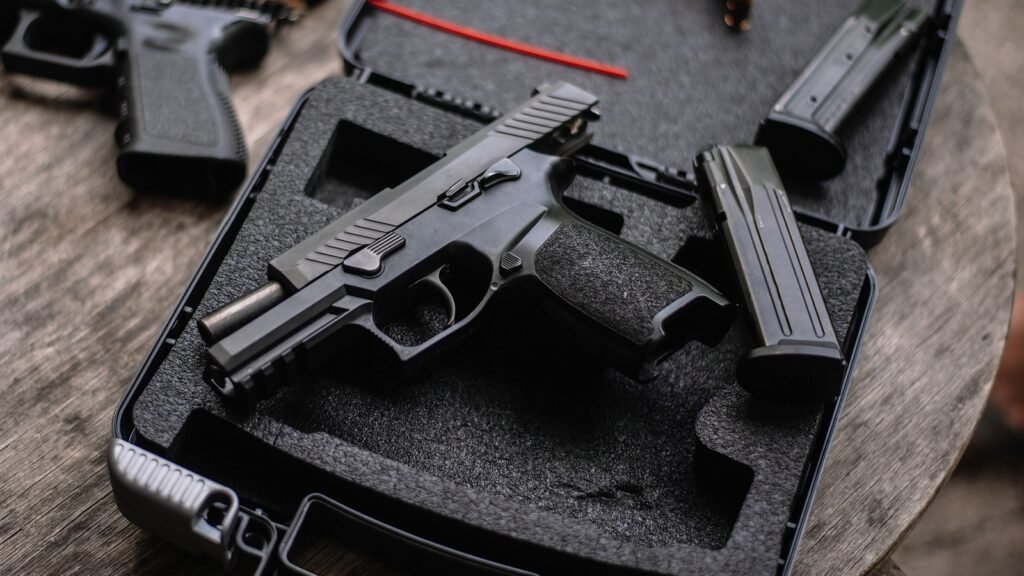
In any survival situation, self-defense is crucial. Stock up on firearms, ammunition, and even non-lethal options like pepper spray. These items are not just for defense but can help secure food if necessary. Ammo, in particular, can be hard to find once panic sets in, so getting it early is vital.
Fuel
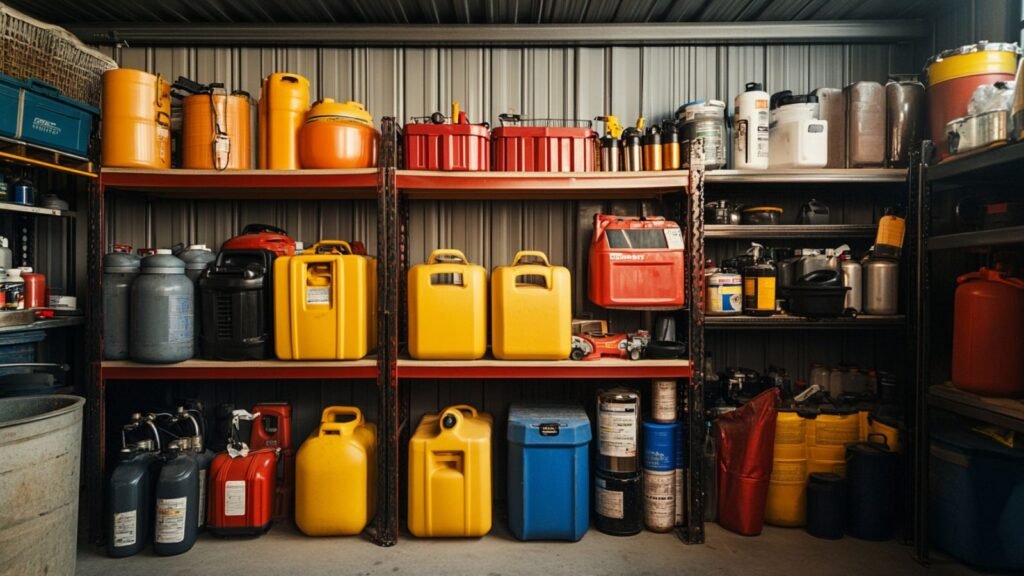
Fuel for your generator, vehicle, or cookstove is something you’ll want plenty of. Stock up on lighter fluid, fire starters, and charcoal as well. Keep fuel in proper containers and rotate your stock to avoid it going bad over time.
Solar Charger
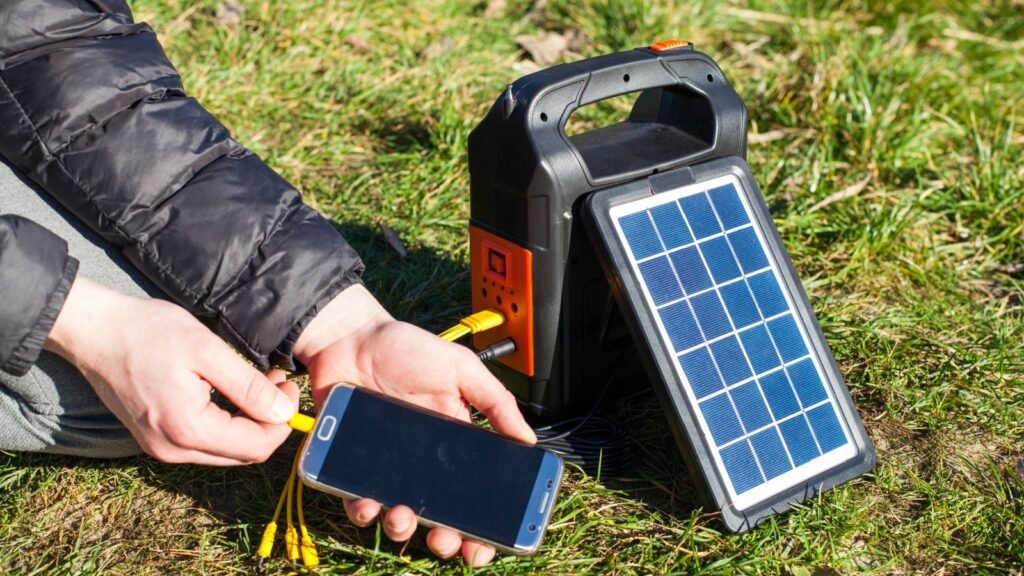
A solar charger is a game-changer. It’ll keep your devices charged even when the power grid is down, ensuring you can communicate or access important information. Make sure it’s powerful enough to charge multiple devices if needed, like phones and radios.
Garbage Bags
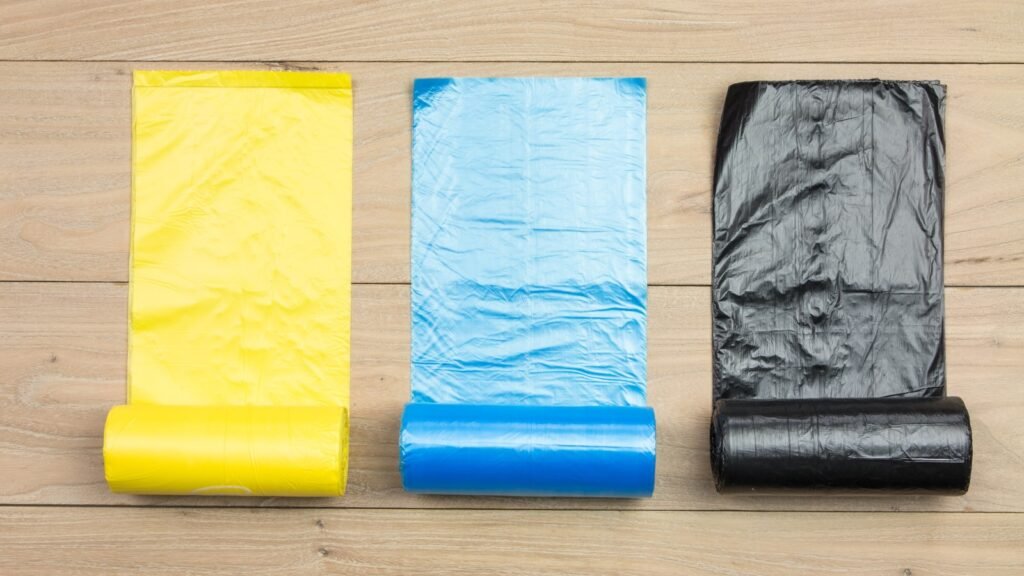
Garbage bags are incredibly useful for sanitation, makeshift rain gear, or even as emergency shelter. They’re lightweight, cheap, and worth stockpiling. Heavy-duty contractor bags are more durable and can be used for hauling debris or creating waterproof layers for sleeping.
Bleach

Plain bleach (unscented, with 4-6% hypochlorite) is crucial for disinfecting water and sanitizing surfaces. It’s a simple but powerful tool for keeping your environment clean in a disaster. Keep in mind, bleach degrades over time, so rotate your stock regularly.
Non-perishable Food

Fill your pantry with essentials like rice, beans, canned goods, and dried fruit. And don’t forget staples like honey, cooking oil, and spices—they’ll make even simple meals more bearable. Focus on items with long shelf lives and high-calorie content for maximum energy during emergencies.
Sleeping Bags and Extra Blankets
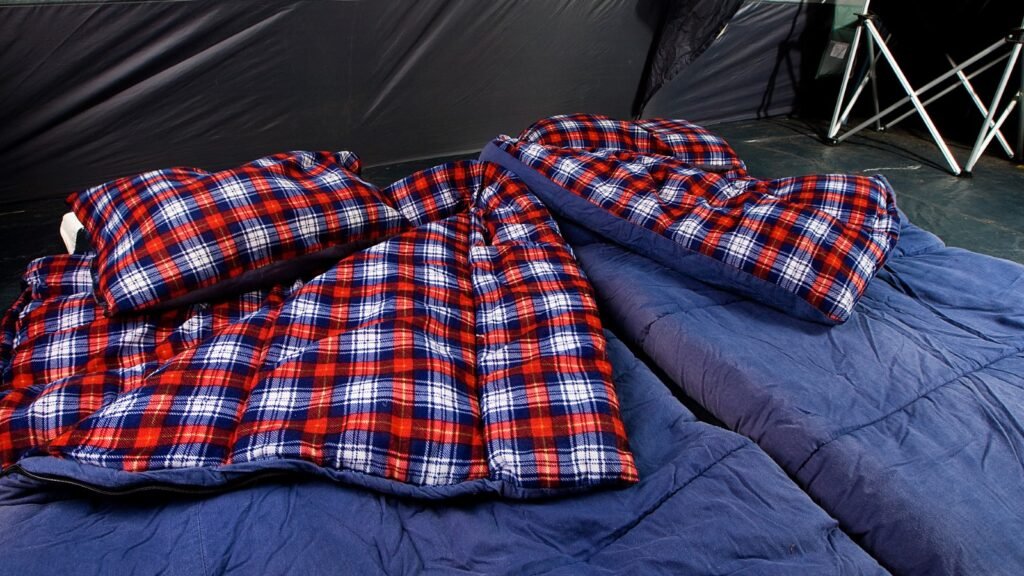
Keeping warm during cold nights is essential. Sleeping bags and blankets are easy to store and could make all the difference when you’re without heat. Emergency blankets (also known as space blankets) are compact and reflect body heat, making them great for short-term warmth in a pinch.
Zip Ties

Zip ties are great for quick repairs, securing gear, or building makeshift shelters. Stock up on a variety of sizes to be ready for whatever comes your way. They’re also useful for organizing cords or hanging tarps and other materials when needed.
Ziplock Bags
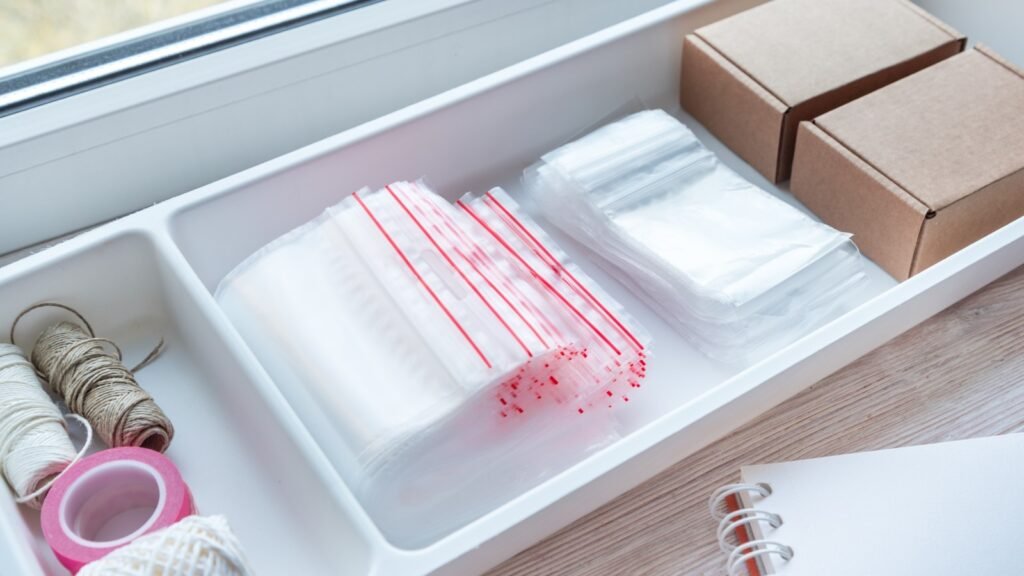
Ziplock bags protect food, medicine, and even important documents from water and pests. You’ll want a variety of sizes to store whatever needs protecting. They can also be used to create small, portable kits for first aid or fire-starting supplies.
Flares and Whistles
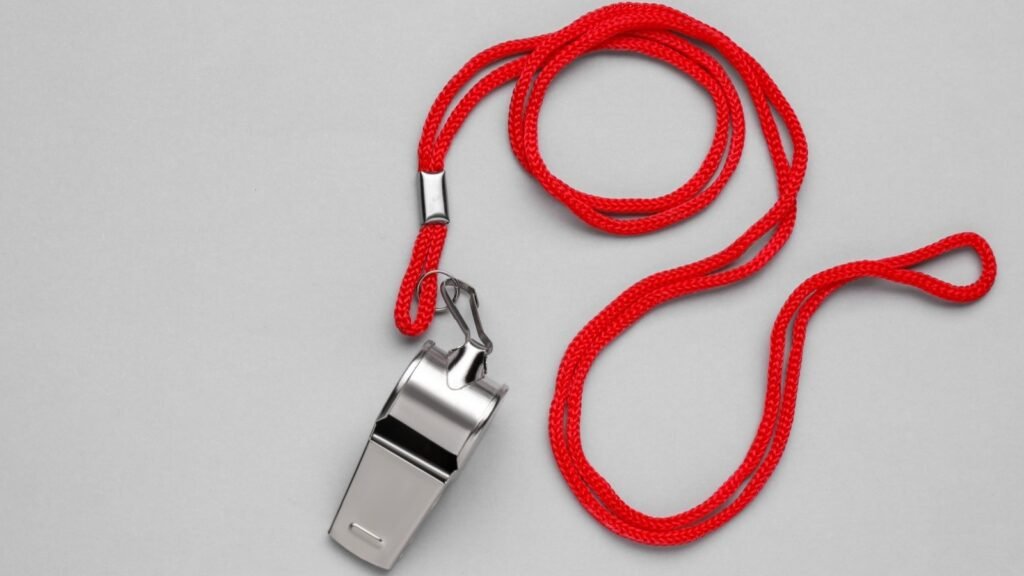
If you need to signal for help, flares and whistles can be lifesavers. Make sure you have them in your emergency kit for situations where you might be stranded or lost. Keep them accessible at all times, like in your car or bug-out bag, for fast action when needed.
Writing Supplies

When technology fails, pen and paper become invaluable. Stock up on notebooks, pens, and pencils for communication and keeping records. Keeping a detailed log of events, supplies, and needs can help you stay organized and avoid unnecessary stress.
Matches and Lighters
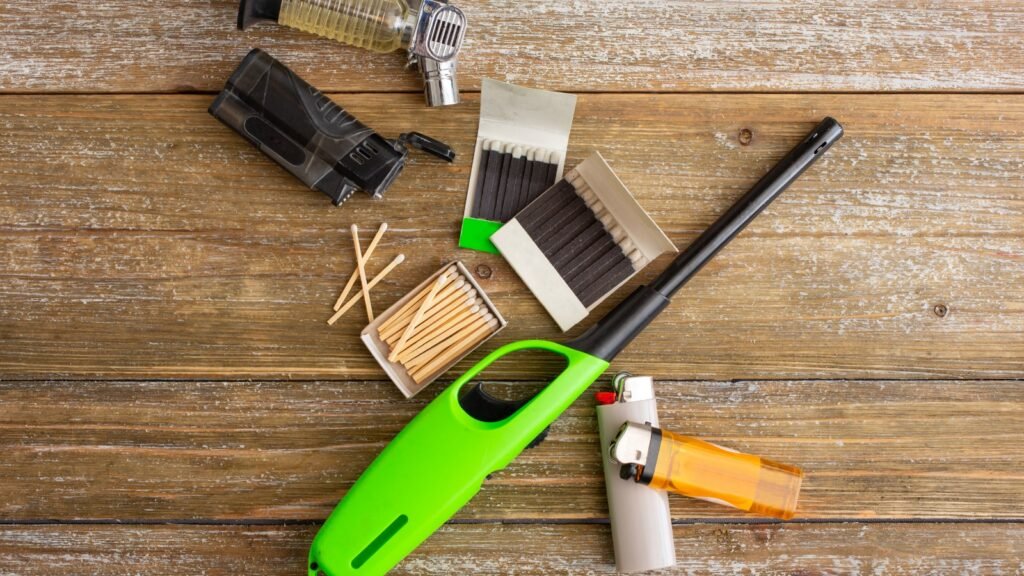
Fire is crucial for cooking and warmth. Stockpile strike-anywhere matches and lighters to ensure you can start a fire when needed. Waterproof matches or stormproof lighters are especially handy in wet conditions.
Duct Tape
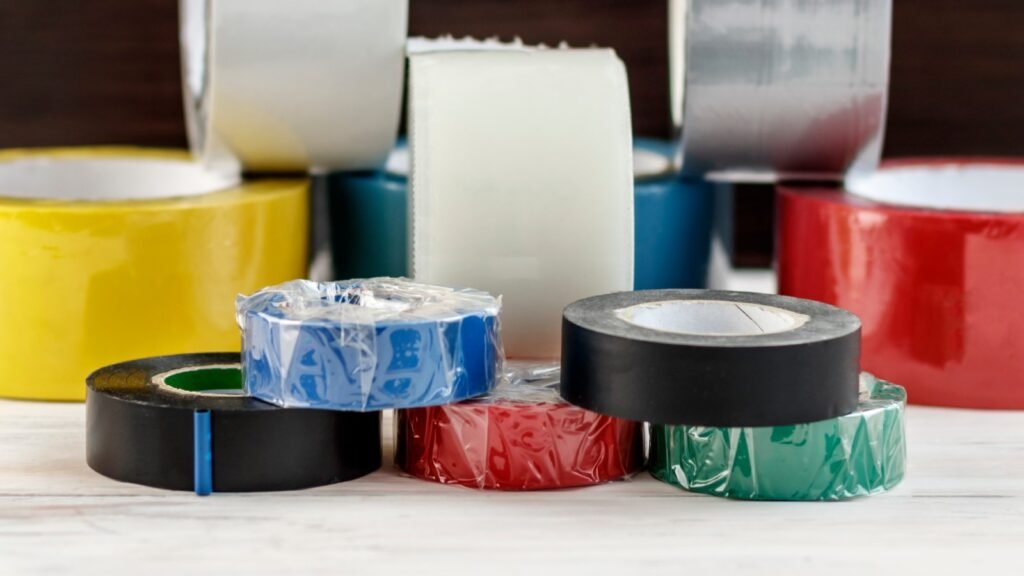
Few things are as versatile as duct tape. It’s perfect for patching leaks, making quick repairs, or even securing shelter materials. You can use it for first aid, like splinting a broken limb or creating waterproof bandages in an emergency.
Candles

Candles are simple, reliable sources of light during power outages. Stock up on slow-burning ones, and consider learning how to make emergency candles just in case. They’re also great for heat in a pinch and can be used with tin cans to create mini heaters.
Generator
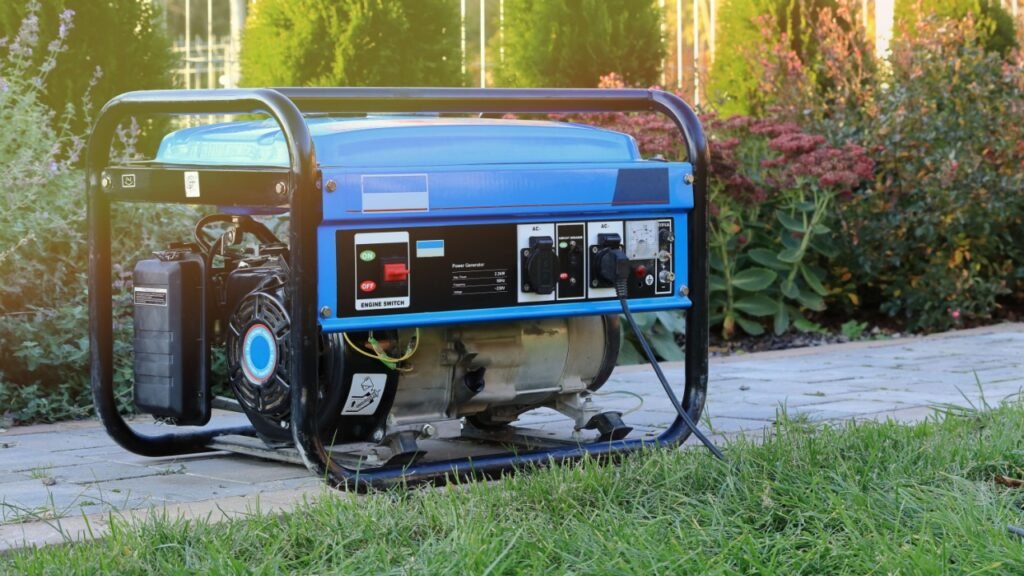
Having a generator can mean the difference between comfort and misery in a blackout. Pick one that suits your needs, whether portable or permanent, and make sure you have plenty of extension cords too. A dual-fuel generator can add flexibility, allowing you to switch between propane and gasoline.
Portable Toilet
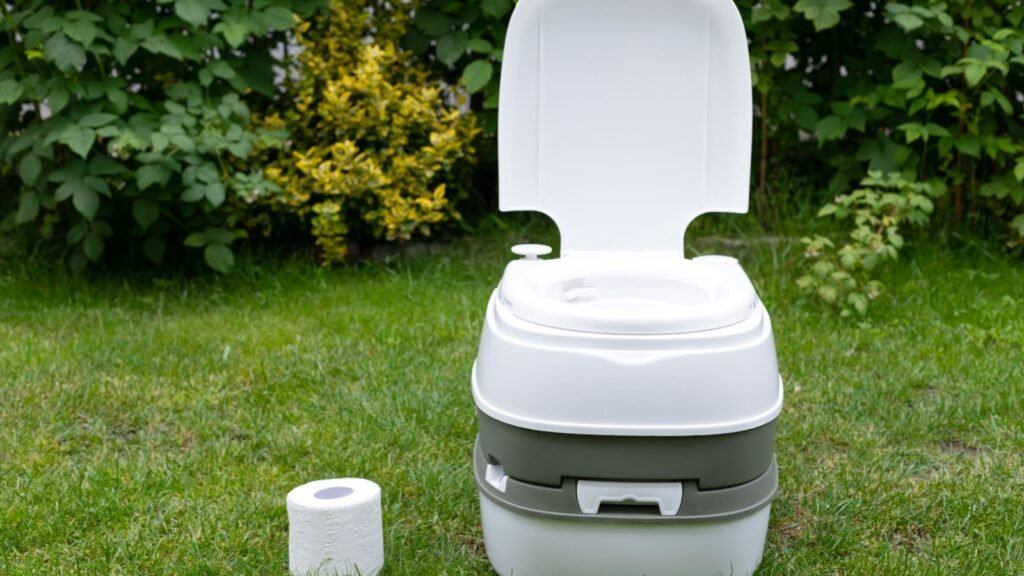
In a situation where running water isn’t available, a portable toilet can keep things sanitary. Don’t overlook this for your emergency supplies. Make sure to stock up on biodegradable bags and chemical treatments to manage waste safely and efficiently.
Pest Control
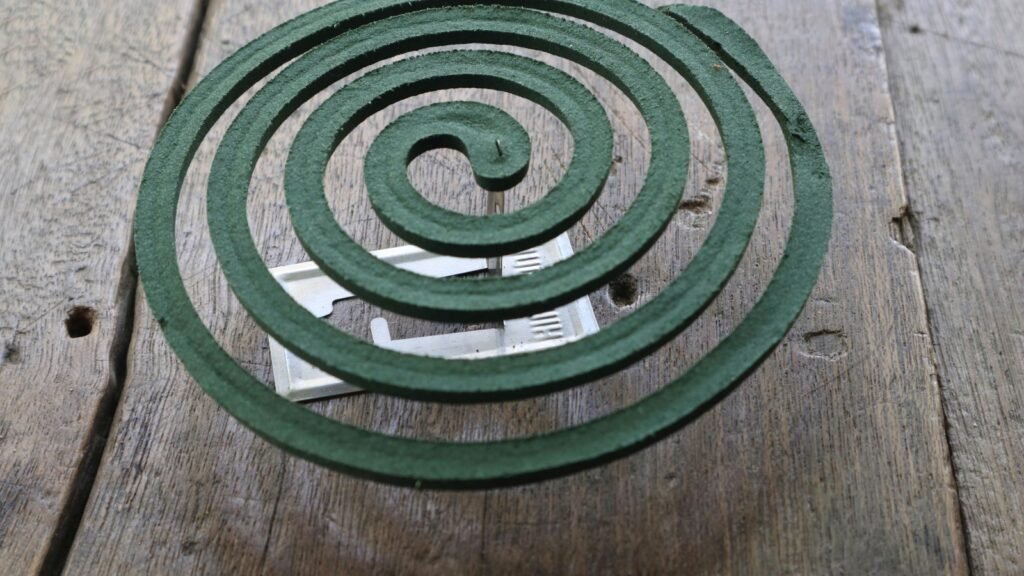
Post-crisis, pests like rodents and bugs can become more of a problem. Have repellents, insect coils, and traps ready to protect your space. Keeping your living area clean and free of food scraps will help minimize pest issues as well.
Rain Gear

Ponchos, waterproof boots, and tarps will be invaluable when you need to stay dry during wet conditions. Keep some in your emergency stash. Plastic sheeting can also serve as waterproofing material for shelters or covering supplies.
Gasoline Containers
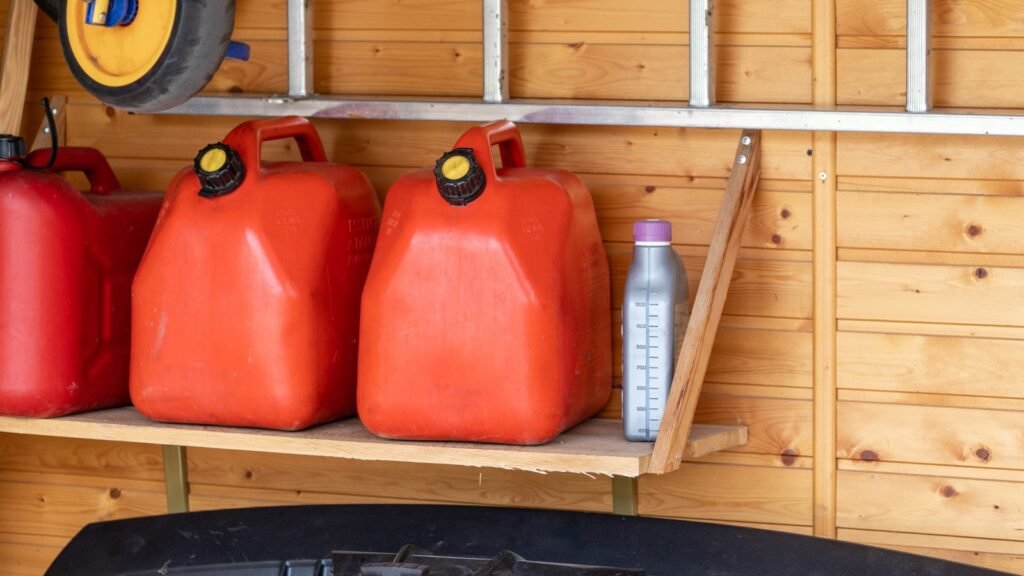
Transporting gasoline will be tricky without the proper containers. Have several gas cans on hand for your generator or vehicle. Make sure they are approved for fuel storage and are kept in a safe, well-ventilated area.
Tarps

Tarps are incredibly versatile. Use them for shelter, protection from the elements, or even to cover broken windows. They’re easy to store and should be part of every emergency kit. A tarp can also double as a water collection surface in a pinch.
Aluminum Foil

Aluminum foil is an underrated survival tool. Use it for cooking, insulating, or even making a solar oven in a pinch. It can also be fashioned into improvised reflectors or signal devices to catch the attention of rescue teams.
Antibacterial Soap and Wipes
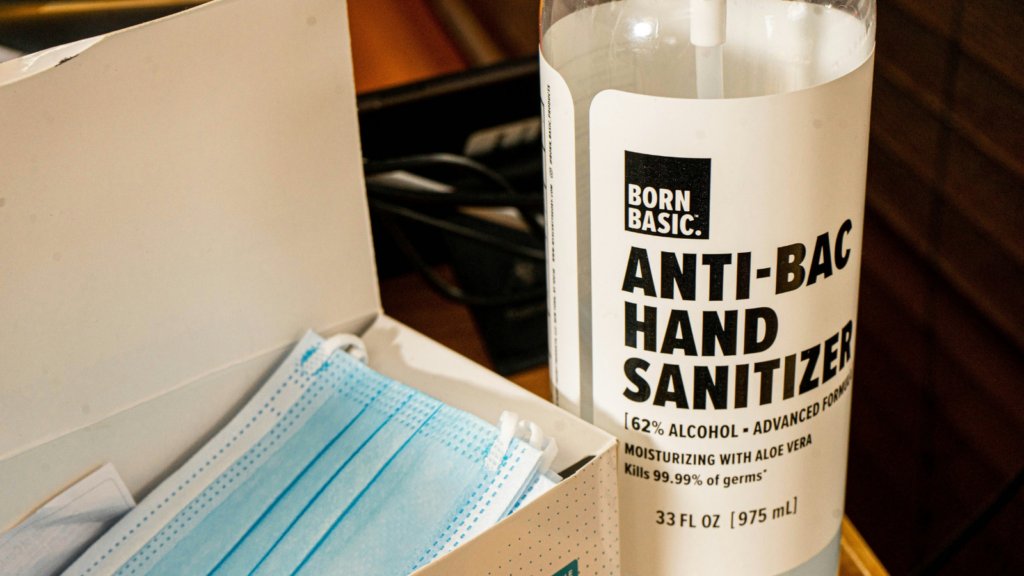
Keeping your hands and surfaces clean will be important to avoid illness. Stock up on antibacterial wipes and soap to maintain hygiene, even when water is limited. Hand sanitizers with at least 60% alcohol can also be useful backups when soap and water aren’t available.
Cookstoves
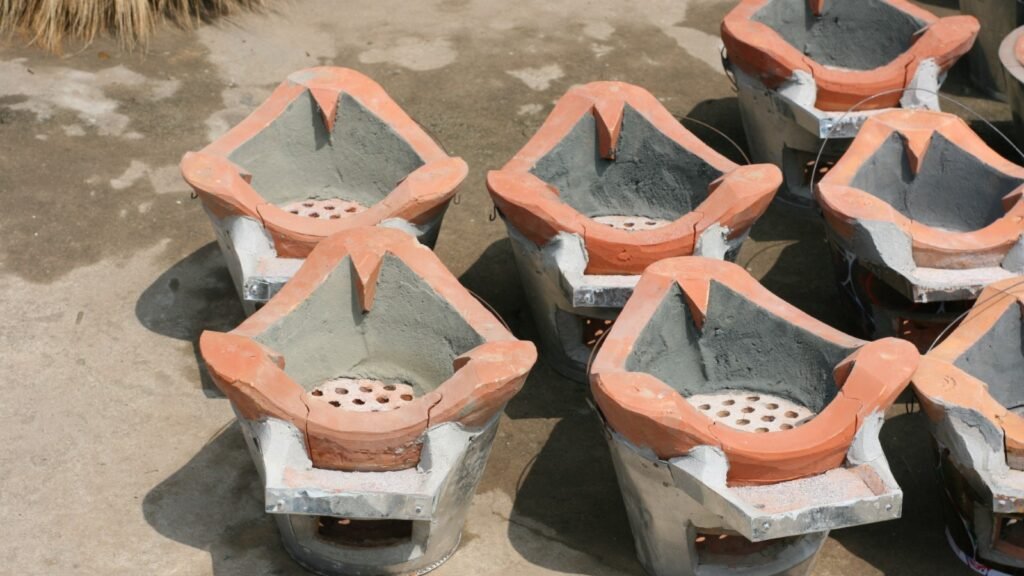
If the power’s out, a cookstove becomes a necessity. Invest in propane or kerosene stoves and enough fuel to keep them running for an extended period. Don’t forget to practice using your stove ahead of time to ensure you’re familiar with it in an emergency.
Animal Food
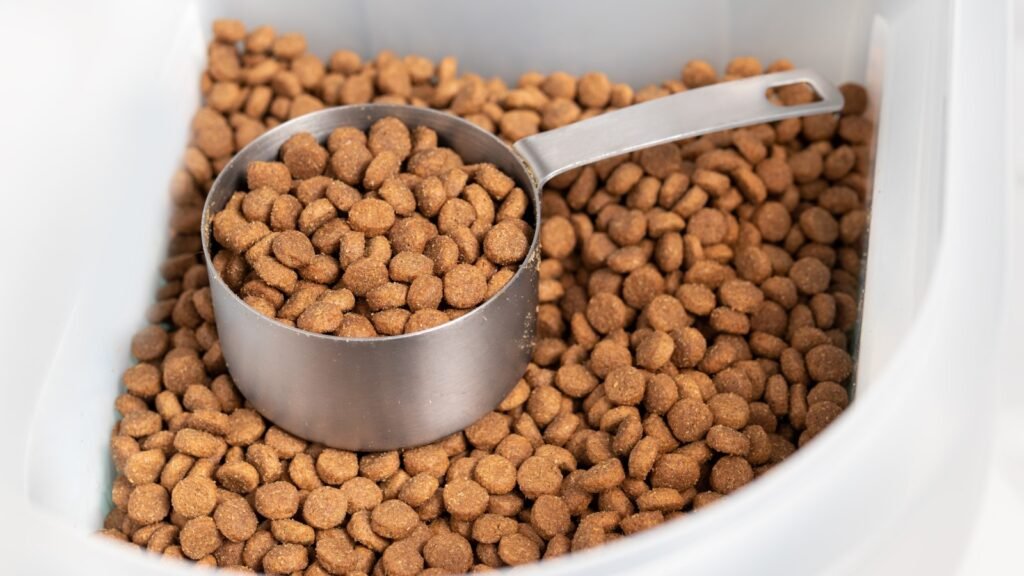
Don’t forget your pets! Stock up on food for your dogs, cats, and livestock. They’ll need water, too, so be sure to plan accordingly. Consider storing dry food in airtight containers to keep it fresh longer and safe from pests.

